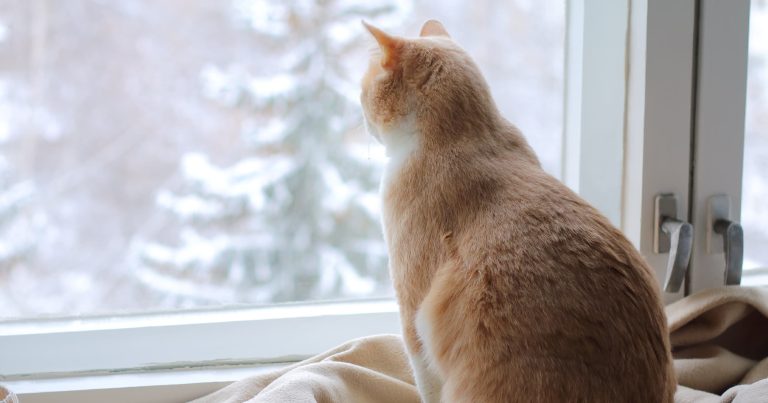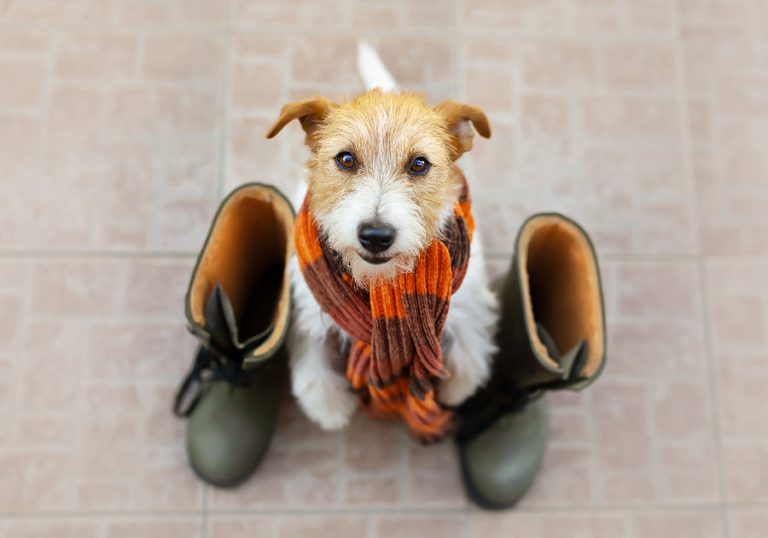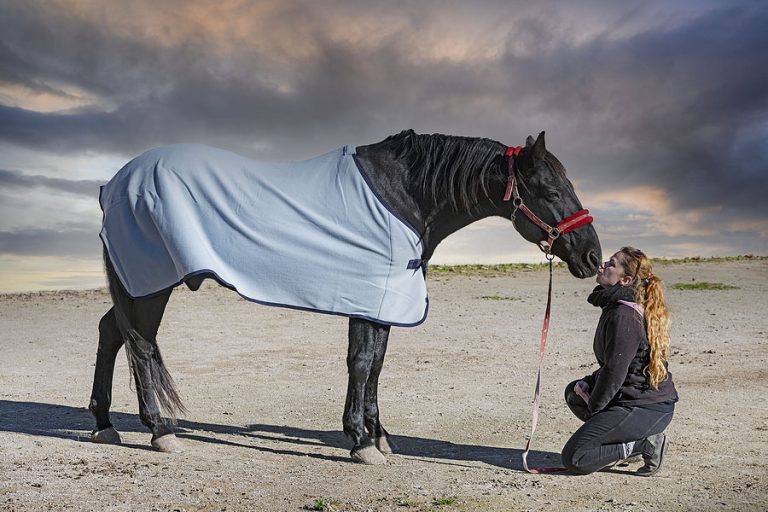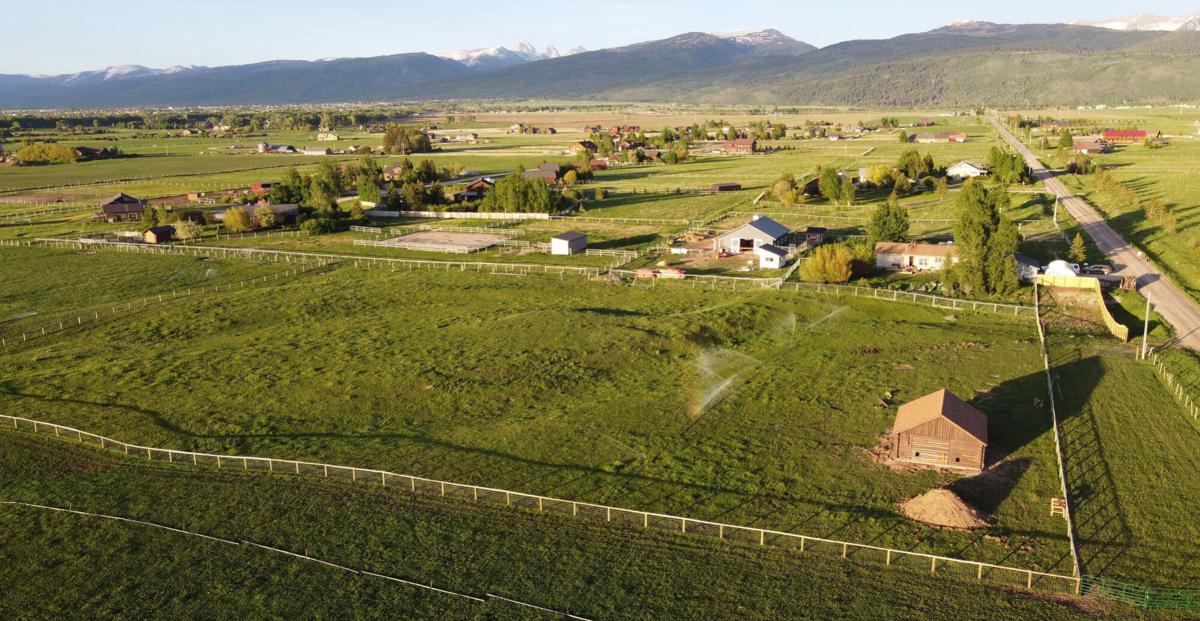A Winter Survival Guide For Pets
While some pets enjoy living in a winter wonderland, other pets can suffer the same winter woes as people. From dry skin to finding ways to keep warm to packing on a little “winter weight,” some pets can use help to make sure they stay healthy and safe during winter. So we’ve created a winter survival guide for cats and dogs (and their pet parents).
Managing Dry Skin and Protecting Paws
The low-humidity, bone-chilling air of winter can be just as harsh on your pet’s skin as it is on yours. Thick fur and thickened paw pads give pets some protection against winter’s wrath, but winter can still be tough on your pet’s skin. Common winter skin issues include sore paws, dry skin and dandruff.
Snow and ice can collect between your pet’s toes and paw pads, so it’s helpful to keep your pet’s nails and the hair between their






















